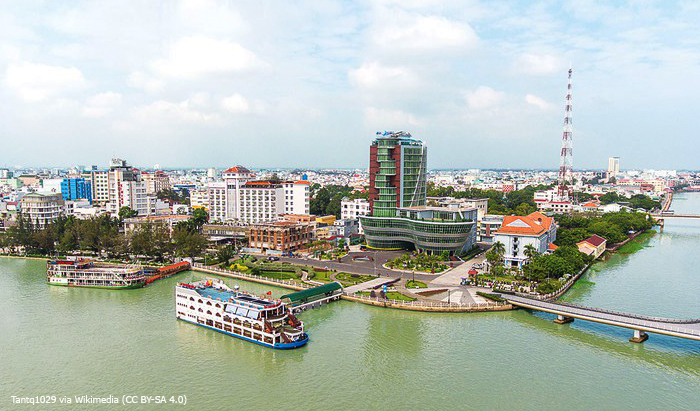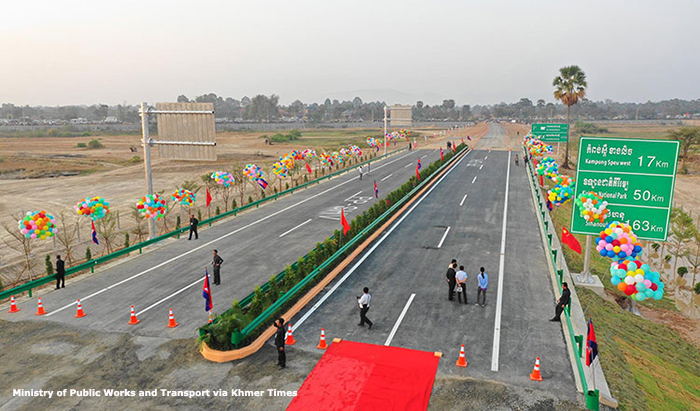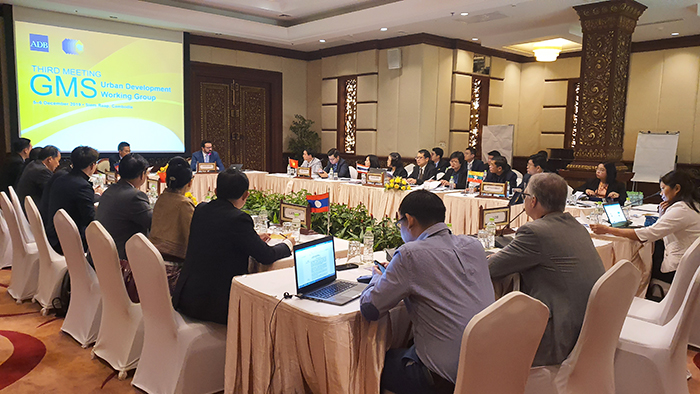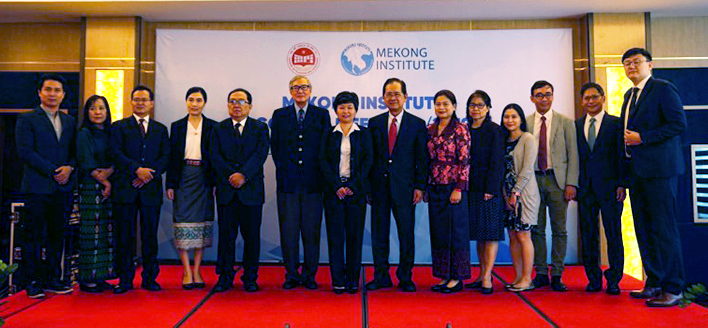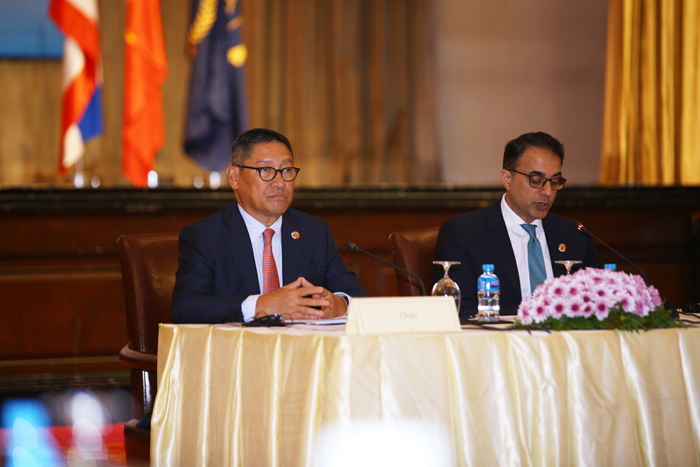Can Tho Prepares to Become a Major Smart City in the Mekong Delta
Through the use of modern information technology, Can Tho is transforming itself to become Viet Nam’s first smart city in the southwestern region by 2025. By transforming itself into a smart city, Can Tho hopes to further encourage civic engagement, increase competitiveness, and improve the city’s socio-economic development.

